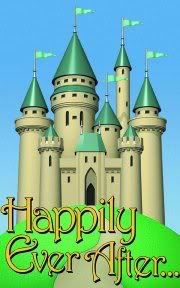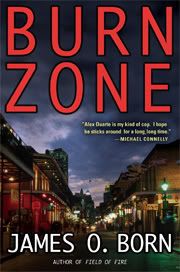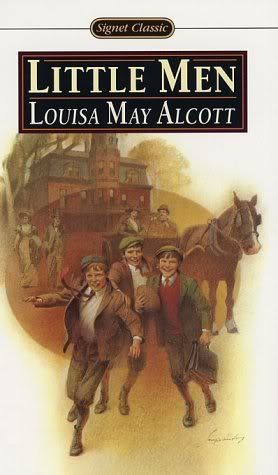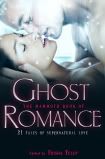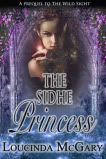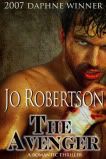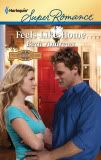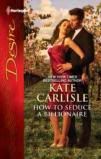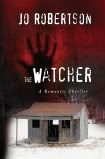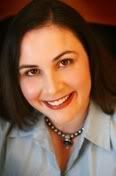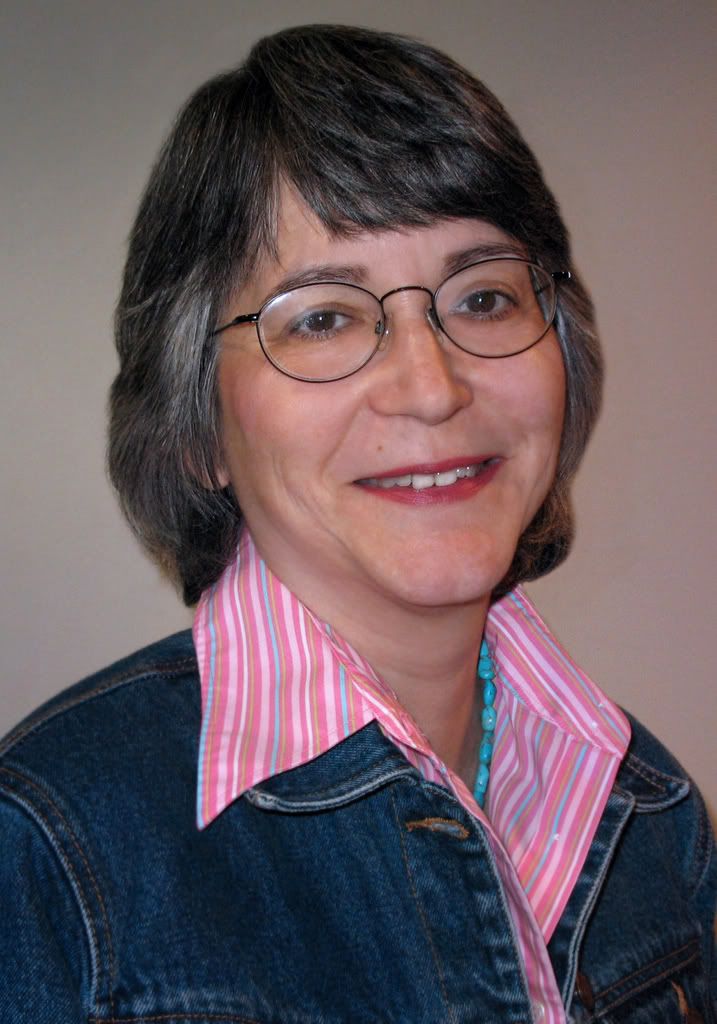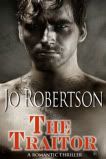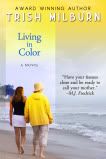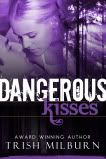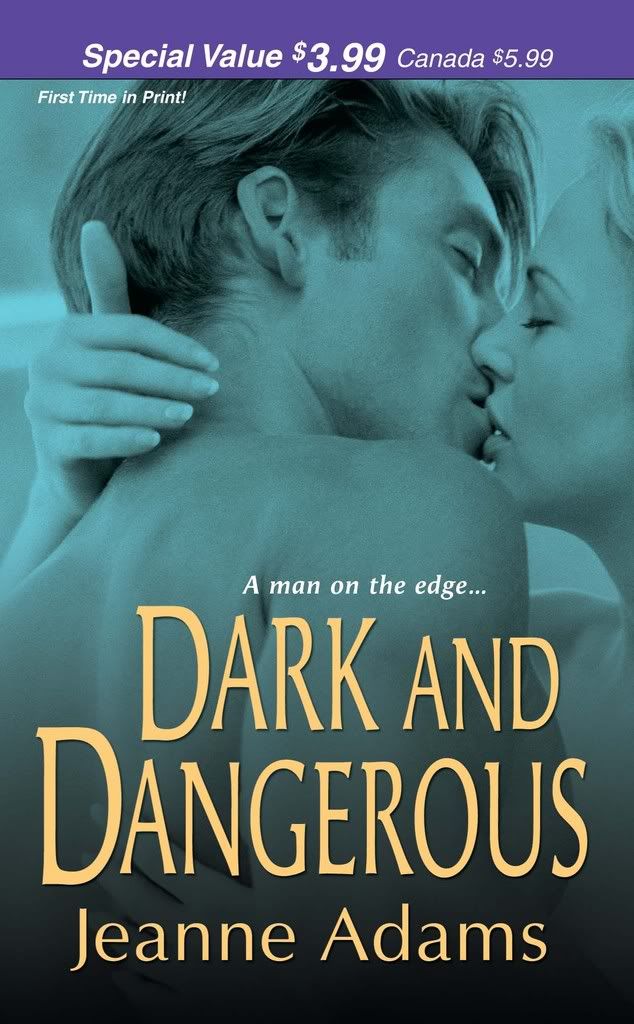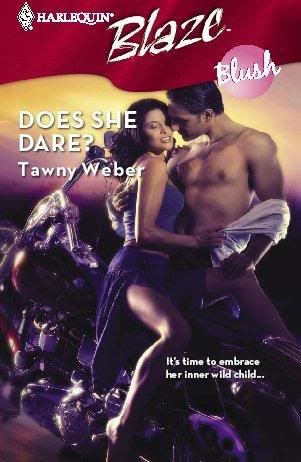interviewed by Aunty Cindy
 In the course of her career, our guest blogger Debrah Williamson published over 20 romance novels under several pseudonyms, both on her own and with a writing partner. In September 2006, her first mainstream novel Singing With The Top Down was published in trade paperback by NAL. A coming-of-age story set in the 1950s, it has received rave reviews and even been compared to To Kill A Mockingbird! Her second mainstream novel Paper Hearts was just released last month, and Aunty guarantees this is a three hanky read! In addition for the past several years, Debrah taught fiction and screenplay writing at the University of Oklahoma, Norman. Welcome to the lair, Deb! We are pleased as punch that you could join us today.
In the course of her career, our guest blogger Debrah Williamson published over 20 romance novels under several pseudonyms, both on her own and with a writing partner. In September 2006, her first mainstream novel Singing With The Top Down was published in trade paperback by NAL. A coming-of-age story set in the 1950s, it has received rave reviews and even been compared to To Kill A Mockingbird! Her second mainstream novel Paper Hearts was just released last month, and Aunty guarantees this is a three hanky read! In addition for the past several years, Debrah taught fiction and screenplay writing at the University of Oklahoma, Norman. Welcome to the lair, Deb! We are pleased as punch that you could join us today.DW: Thanks for inviting me. Great to be here. And congratulations again, Cindy, on that first sale!
AC: ((HUGS!)) and thanx, Deb! Please tell us about your decision to move from writing romance to women's fiction.
DW: Moving is nothing new for me. As half a collaborative team, I wrote category and historical romances for a number of publishers. By the time I went solo, the category world had shrunken like a globally warmed glacier.
I had to rethink writing romances when I read the following in a revision letter: I feel you are trying to write a longer story so cut this, thus and such.
50K words weren’t enough. What to do? Before my last romance hit the shelves, I feared the line would soon fold. It did. Starting over – again – was the right decision.
At this stage in my career and life, women’s mainstream fiction suits me fine. I’ve been happily married a long time and keeping true love is more relevant to me than finding it. *G* I’m ready to write about the other problems life throws my way.
AC: What were some of the differences you had to deal with, not just the writing, but other aspects like marketing, reviews etc.?DW: Everything’s different. Content. Editorial expectations. Production schedules. Deadlines. Promotion venues are less accessible. Reviews are harder to get. You must learn to write and speak a whole new language. Many more doors may slam in your face, but you can also receive more chances. Persistence pays off.
Writing longer, more complex novels forces me to continually grow as a writer. Moving to mainstream may not be for everyone, but it worked for me.
AC: How did teaching help strengthen your own writing processes?DW: I have taught both university students and older adults in continuing ed. College students are fresh and inspired. Ready to tackle the world. I love their enthusiasm. Adults who have postponed their dreams for a long time are eager for someone to show them the way. Being that someone makes me a better writer because I have to work harder, expand my own horizons, think more deeply and live by the guidelines I offer.
AC: Please share 2 or 3 screenwriting techniques (and examples) that the writers among us can use in our next novel.DW: I could teach a whole class on the subject but will try to keep it brief. *G*
I’ll bet every writer who ever took a course or read a how-to book knows the cardinal rule of writing:
SHOW DON’T TELL. Am I right?
That’s where screenwriting techniques come in. They help us abide by that rule. If you read classics written before the first film hit the screen, you know that telling was acceptable in those days and authors could take as long as they wanted to tell a story.
Today? No way!
So let’s start with an
establishing shot. In a script it’s found in the slug line, without description or dialogue. For example: EXT. DESERTED SMALL TOWN STREET – NIGHT.
Won’t work in novels, right? But it’s just as important to immediately identify the locale where the story takes place. Today’s readers watch TV and go to movies. They want to “see” where they are. Keep this in mind because I guarantee opening with an establishing shot will help you avoid telling too much, too soon, and breaking that cardinal rule.

Here’s an example from the opening paragraph of
PAPER HEARTS.
Cold wind chased a lone girl down the dark, empty streets. She hunched into her denim jacket and ducked beneath the awning of a store that would not open for hours. Overhead a hanging signboard groaned. The air was heavy with the threat of rain. Like any wild creature caught out in the open in unfamiliar territory, Chancy Deel was desperate for shelter.
Do you see her? Do you have questions about her? Her situation? Do you want to know a little more? If so, then the establishing shot did its job.
In a plot-driven script, the most important element is concept. Character-driven stories don’t have big concepts. No one sets out to kill a giant shark, save the earth from asteroids, or catch a serial killer. In these stories characters are trying to save themselves or other people they care about.
In movies, we remember great concepts BEFORE we see the film, but we remember great characters long AFTER the film is over. Same goes for novels, in my opinion.
Since there usually aren’t any explosions, car chases or volcano eruptions in character-driven novels, it’s crucial to make the protagonist “relatable” (a Hollywood term) as soon as he or she is introduced. There are many ways to do this. Here are a few I’ve used:
1. Take away the character’s real power, but give her strength and humor.
My novel
SINGING WITH THE TOP DOWN (set in 1955) is told in first person by Pauly Maloney, thirteen.. Pauly is poor. Her parents dump too much responsibility on her and are stingy with love. She wants more out of life but always gets the short end of the stick.
In the opening scene, Pauly is clearly at a disadvantage. Here’s a passage that gives the reader insight into her character and shows she has strength and humor:
Mama named me after the movie star Paulette Goddard. Pop decided Paulette was too Frenchified for our part of town and cut it down to the Bone. Pauly Maloney was not an easy name to live with. Pauly-wog. Pauly want a cracker. Pauly Wolly Doodle All the Day.
2. Heap a pile of undeserved misfortune on the character.
The first scene in the book takes place at a traveling carnival. In chapter two Pauly’s parents are killed in a roller coaster accident. Big misfortune for any kid.

Enough said.
3. Make the character yearn for something she can’t have.
Pauly wants to be loved. Will she get it? Here’s the passage that concludes chapter one:
Knowing better than to talk back and risk being backhanded by Mama in public, I bit my tongue. Turning her back on me, she locked arms with Pop, and they leaned on each other as they floated away…Without another glance in my direction, my parents struck out across the parking lot and zeroed in on the bright midway like a pair of light-starved moths.
This is a favorite subject with me and I could go on and on. But I’ll wrap it up, using a touch of what I am about to discuss -
irony. (This should be short and oops! It isn’t. *G*)
A good script, plot-driven or character-driven, is an ironic script. If a polished businessman falls in love with a prostitute he hires to be his one time date, well, that’s ironic -
Pretty WomanIf a waitress secretly saving money to escape her not-so-nice husband suddenly finds herself pregnant, you have sadness and humor and irony -
WaitressIf a coastal sheriff who doesn’t like the water has to kill a big ol’ set of jaws, yep. Ironic.
See what I mean? Irony provides both drama and humor. And that can be essential for character-driven stories.
For example. In
SINGING WITH THE TOP DOWN, Pop takes the family to the carnival to cheer up Mama. Both parents are killed and the irony sets the story into motion.
In
PAPER HEARTS, Max goes to the car in his garage with a death-by-carbon-monoxide plan. He finds a runaway girl who eventually gives him a reason to live, getting that story going.
In conclusion, find the irony in your story. Use it and make your readers feel even more emotion.
AC: Any final words of wisdom or experiences you'd like to share?Don’t be your own worst enemy. Never give up. And don’t allow negativity — yours or anyone else’s — to destroy your dream.
Thanx for the GREAT ADVICE, Deb and for the very informative interview! If you'd like to read more writing tips and advice check out Debrah's website: www.debrahwilliamson.com
And for all our readers, do any of your favorite movies use one of the screenwriting techniques mentioned? Please SHARE it with us in the comments. Also, if you have any questions about screenwriting or Debrah's books or anything else, ASK AWAY! A signed copy of her latest release Paper Hearts will go to one lucky commentor.

 e thing.
e thing. 






 My very good friend and critique partner, award winning author Sandy Blair, has slept in castles, knelt in cathedrals where kings and queens have been crowned, dined with peerage, floated along Venetian canals, explored the great pyramids, misplaced her husband in an Egyptian ruin (she continues to deny being the one lost,) and fallen (gracefully) off a cruise ship. Winner of
My very good friend and critique partner, award winning author Sandy Blair, has slept in castles, knelt in cathedrals where kings and queens have been crowned, dined with peerage, floated along Venetian canals, explored the great pyramids, misplaced her husband in an Egyptian ruin (she continues to deny being the one lost,) and fallen (gracefully) off a cruise ship. Winner of 

